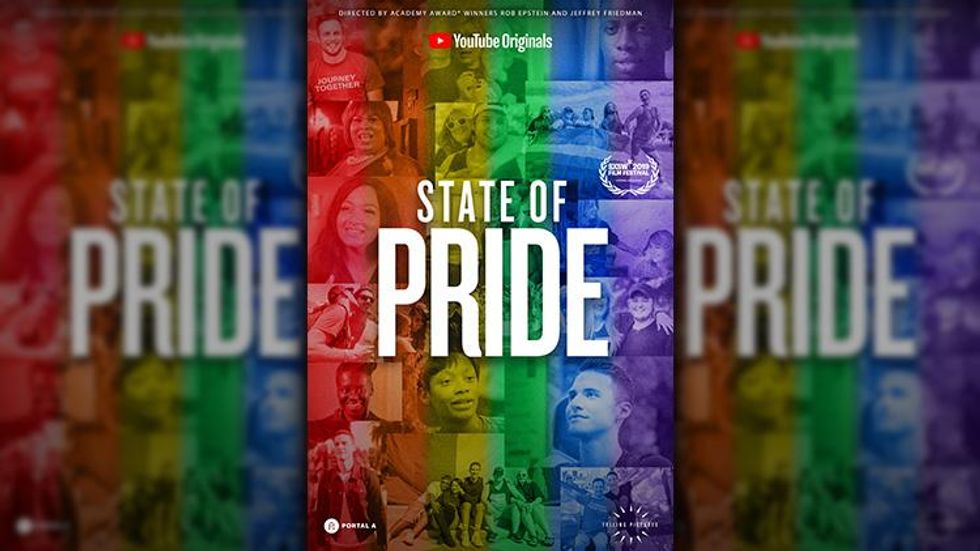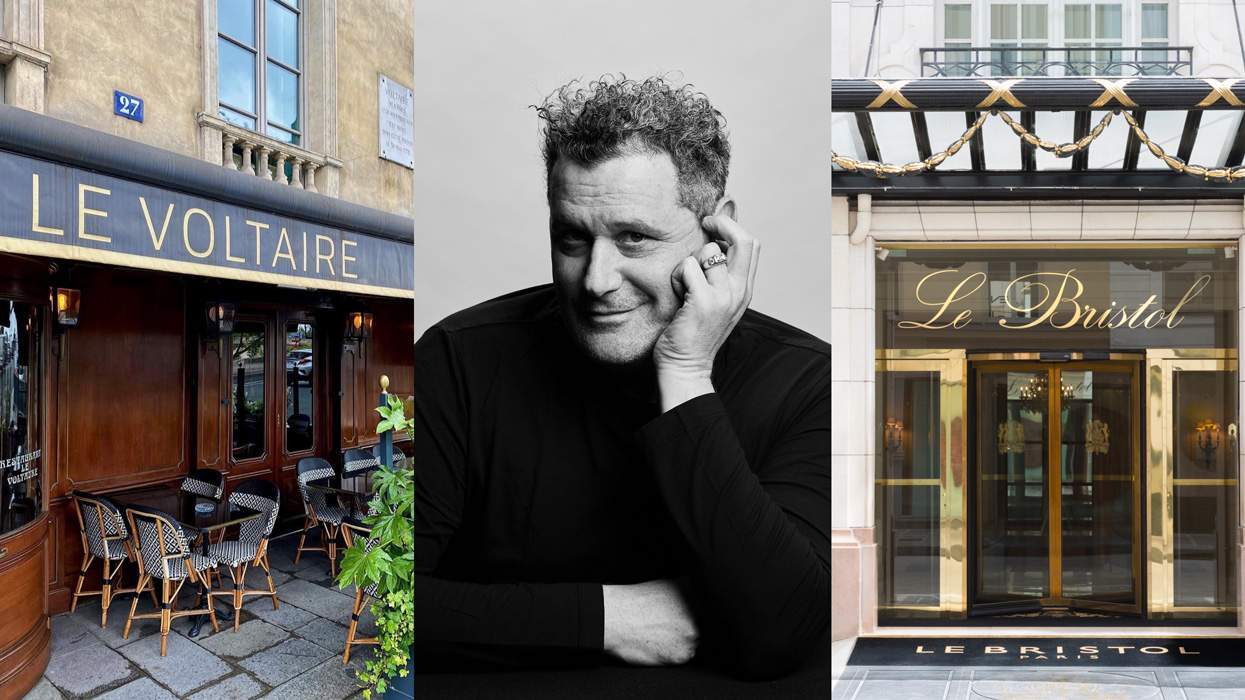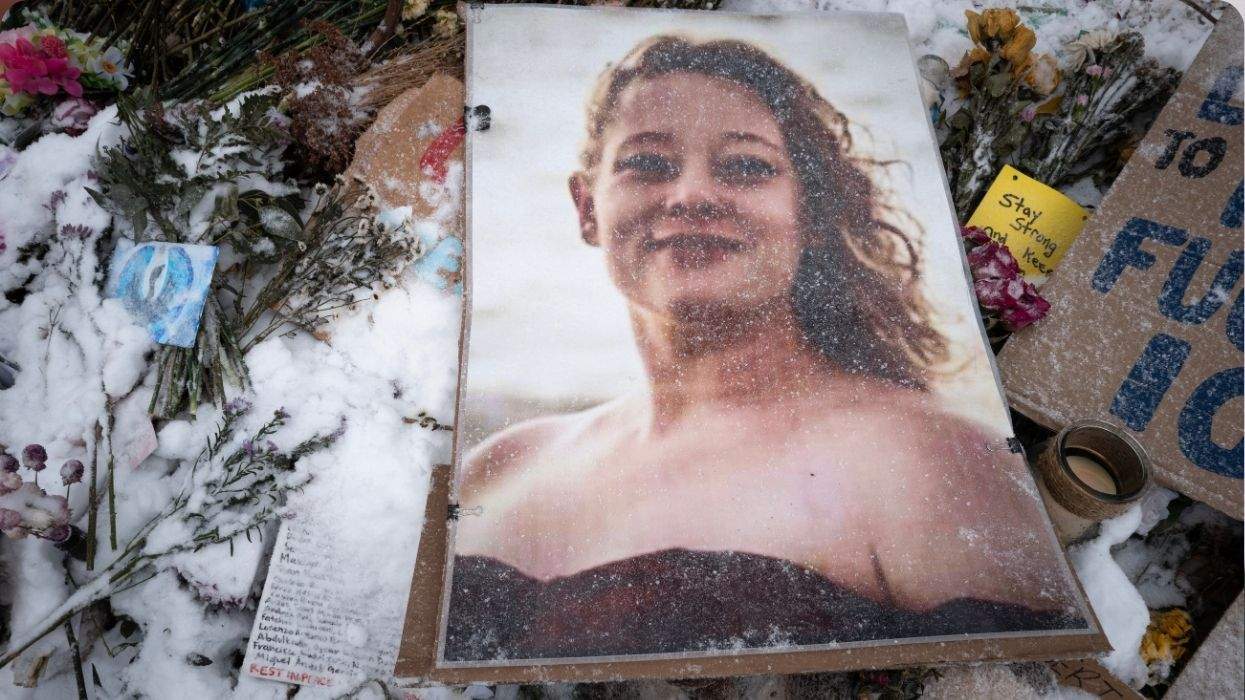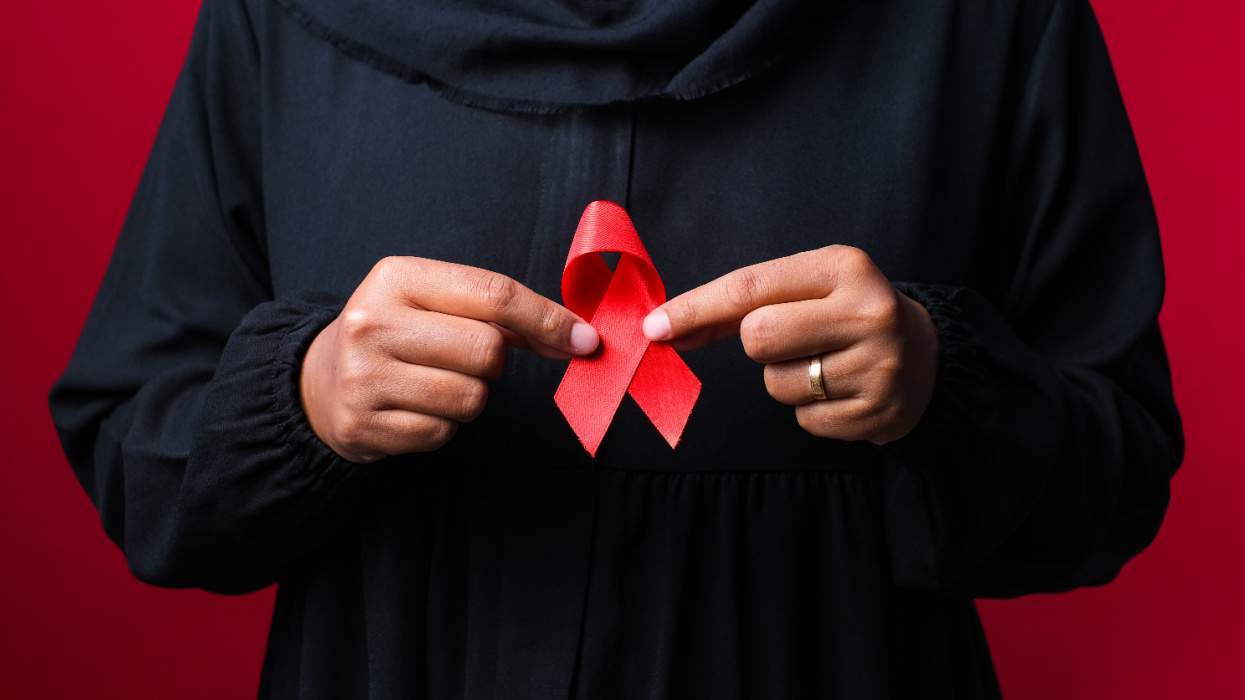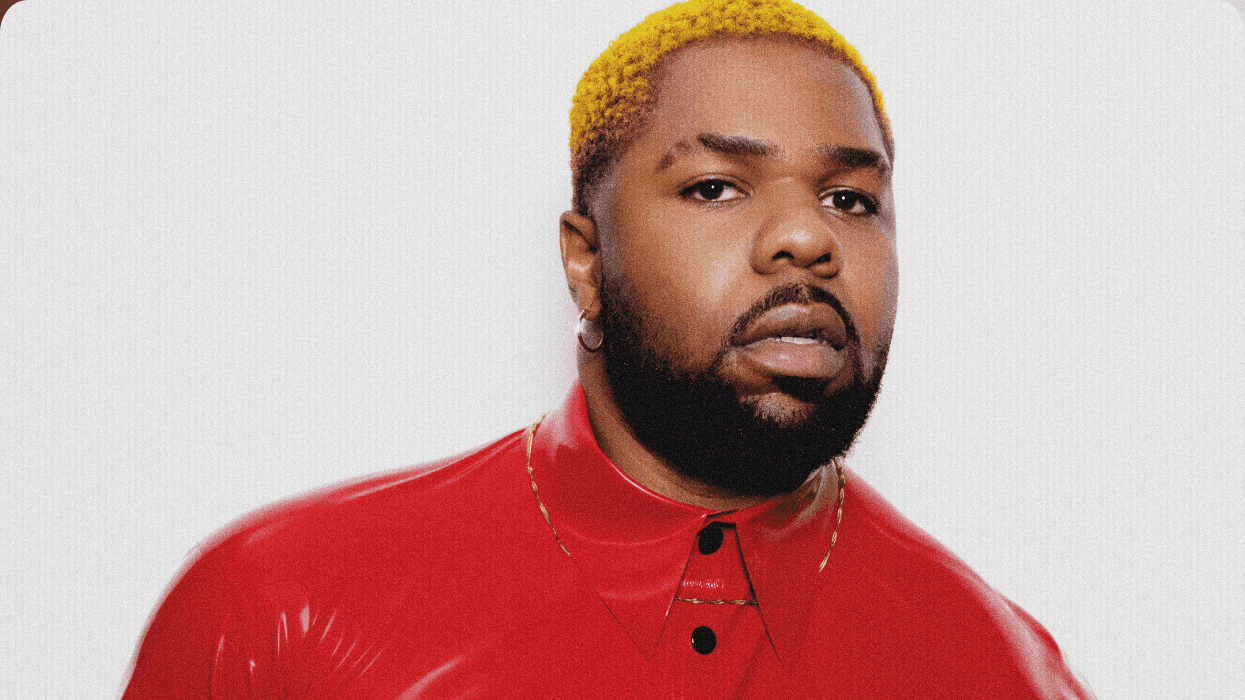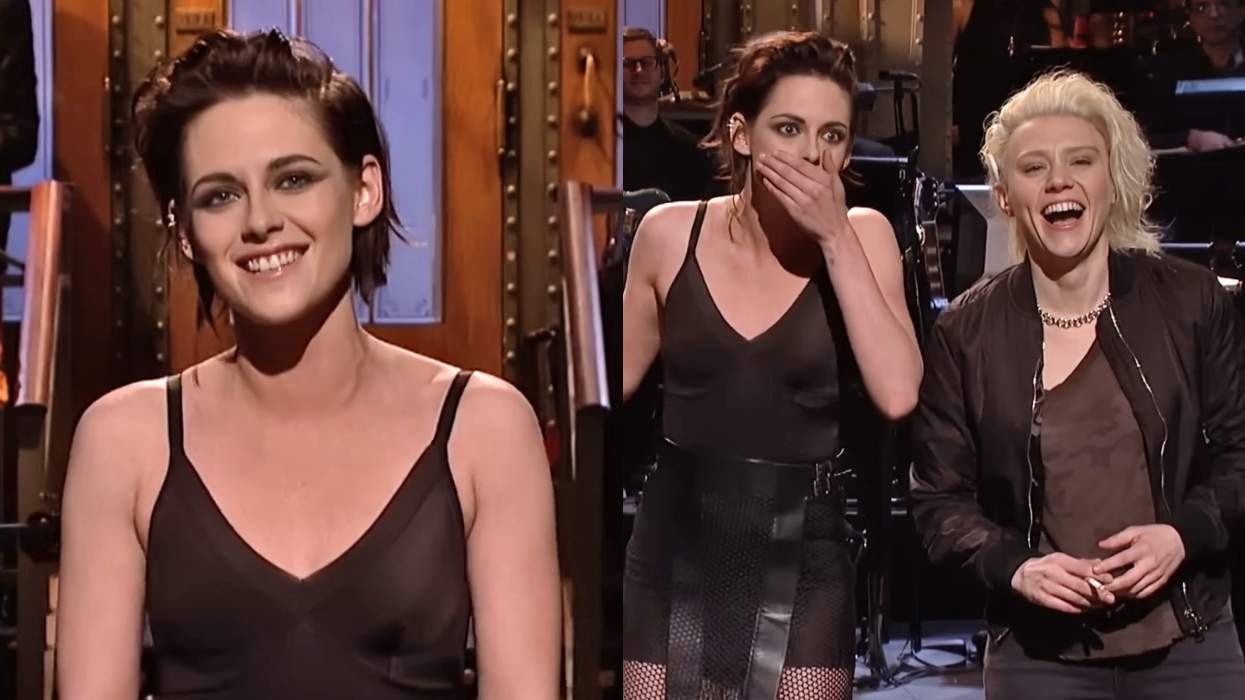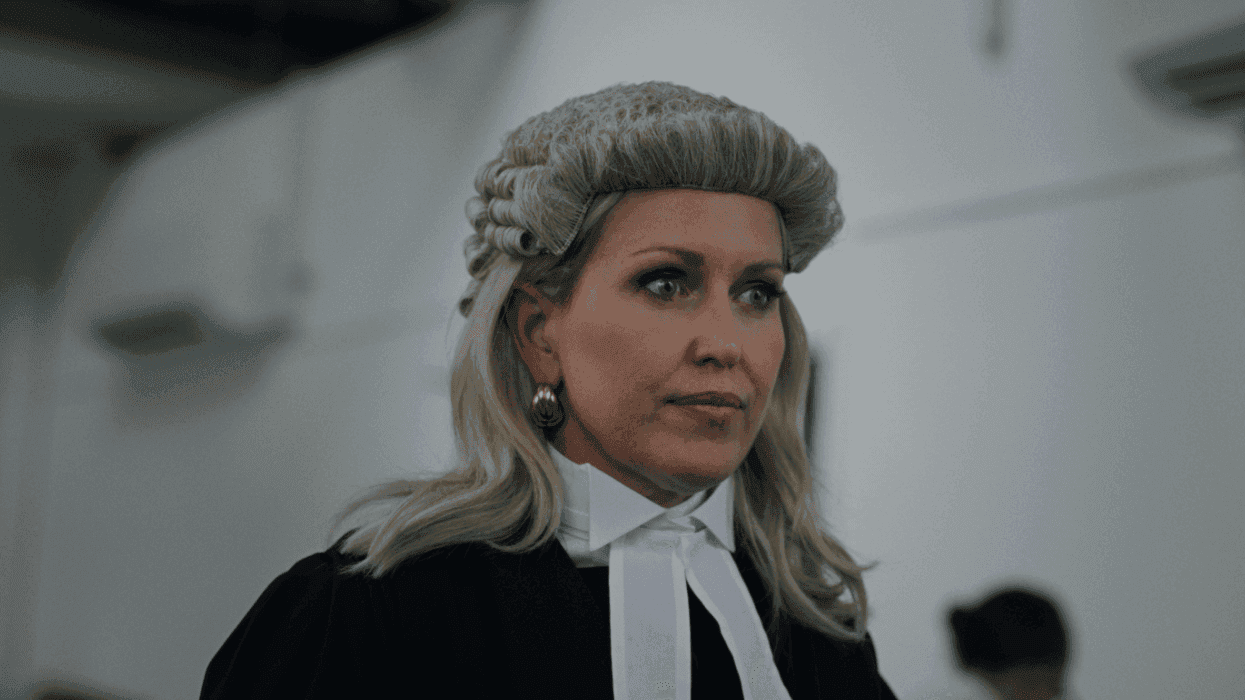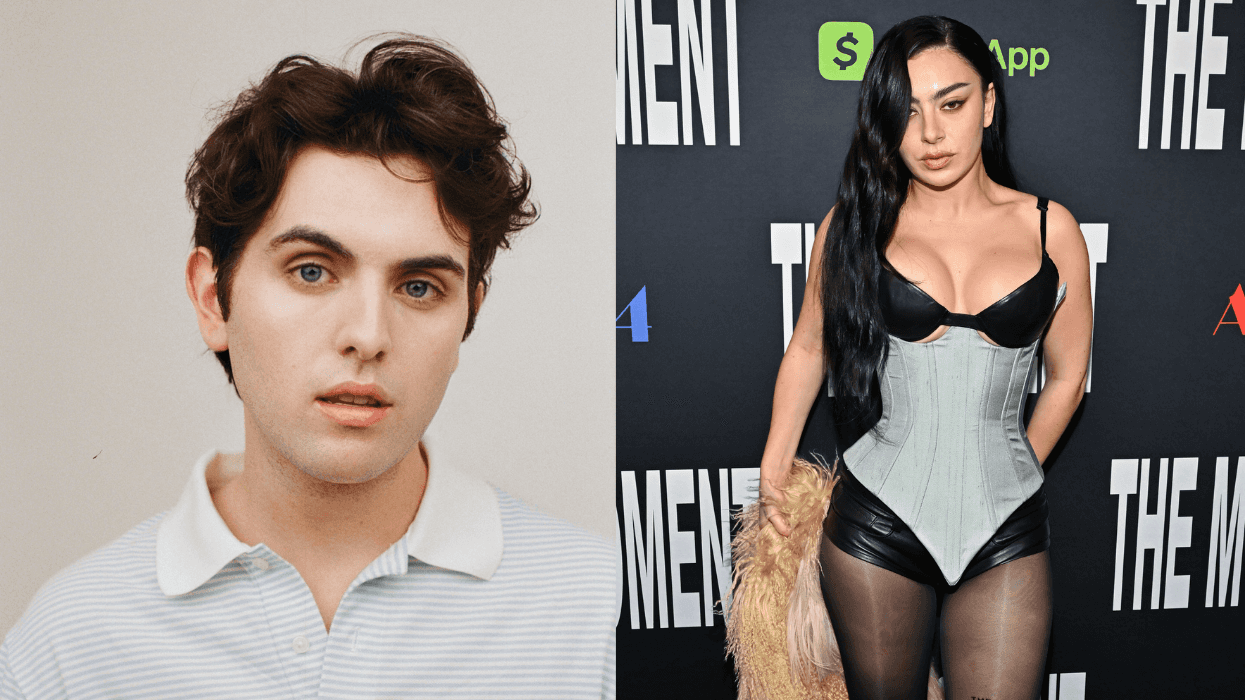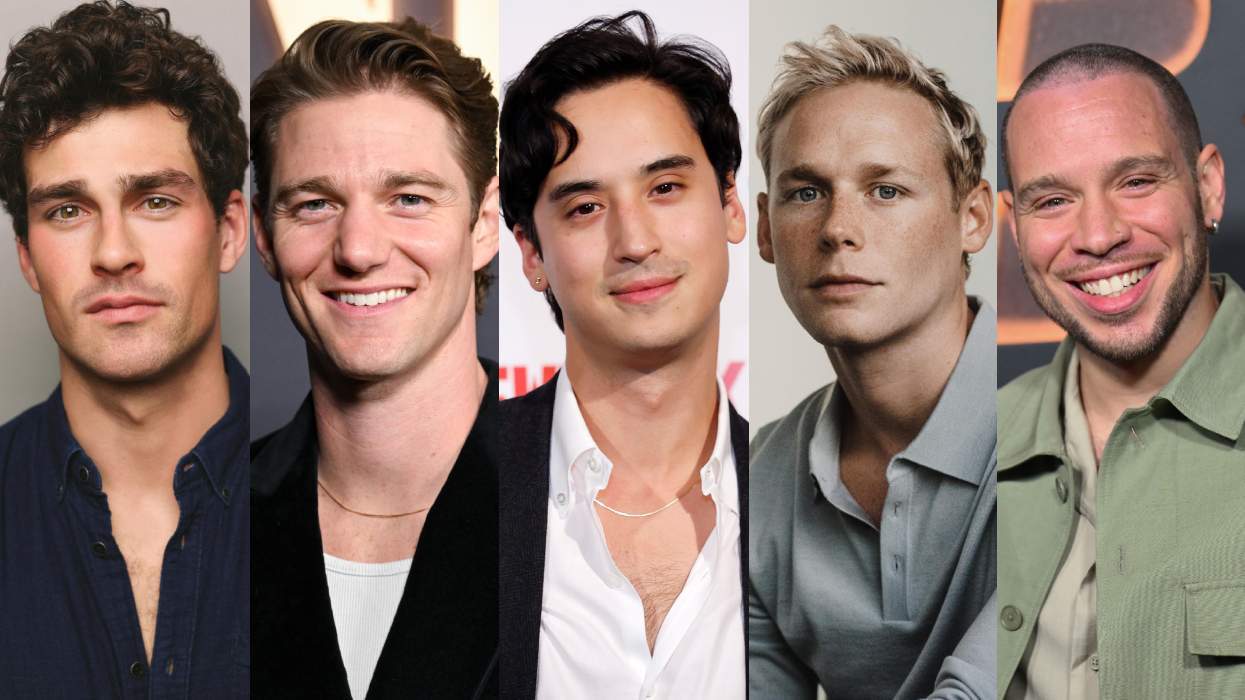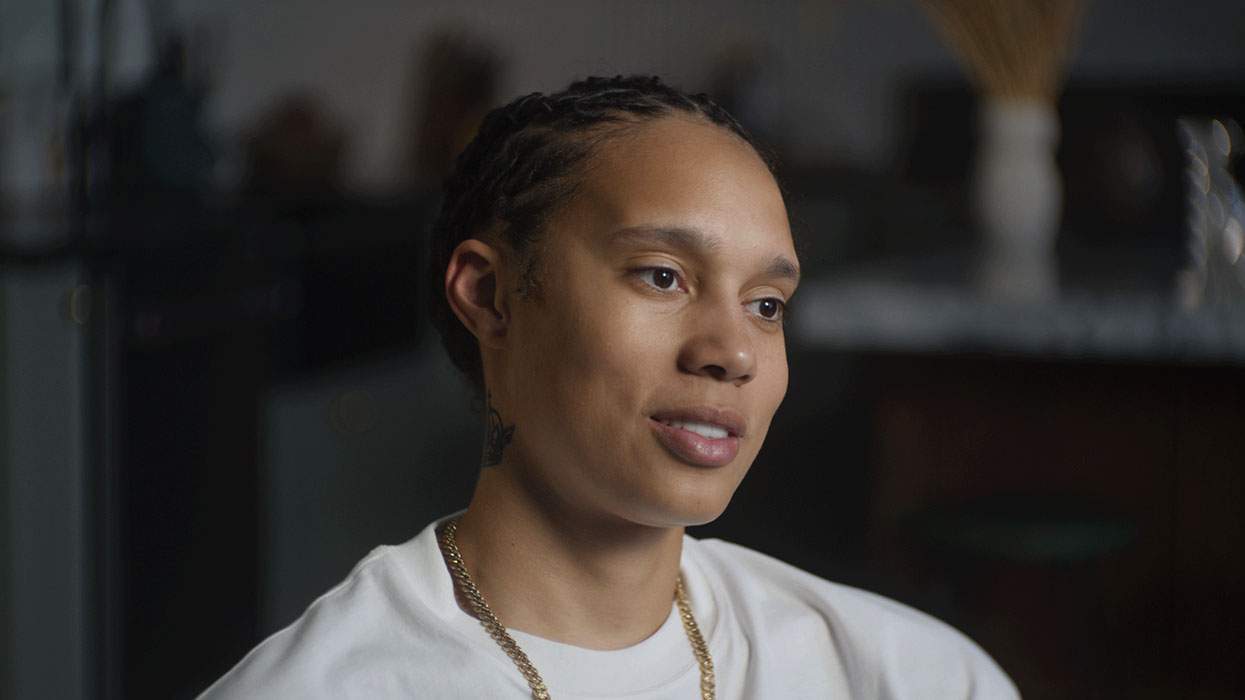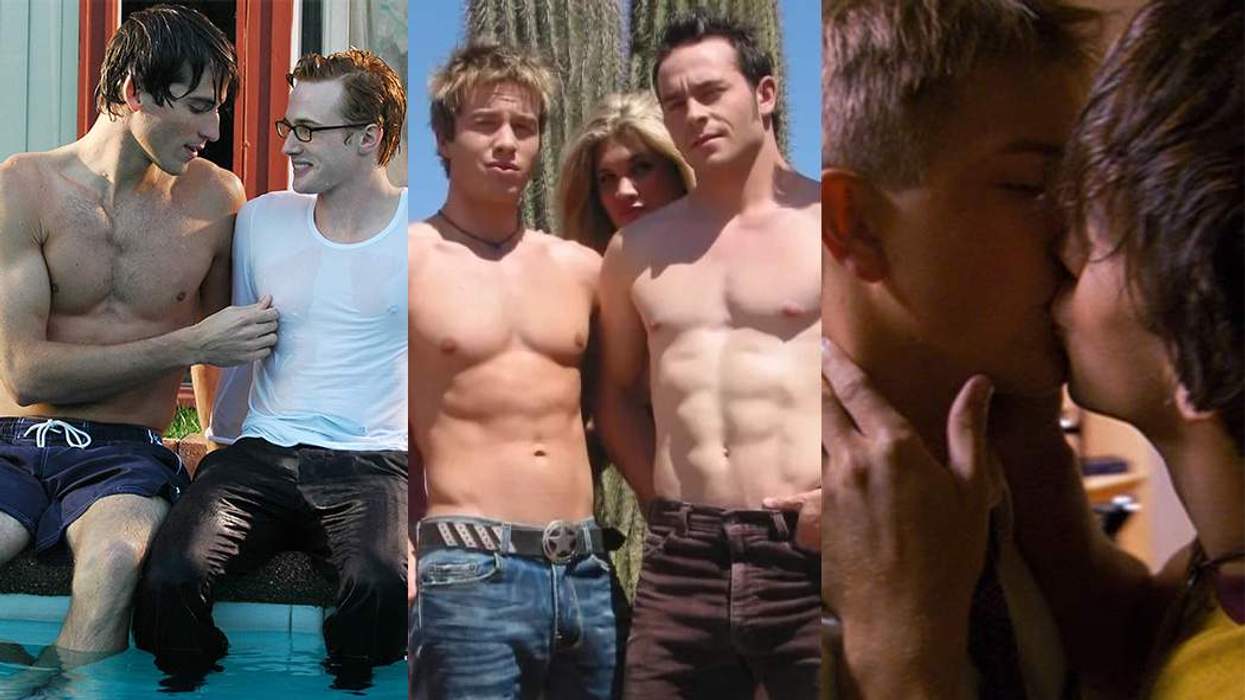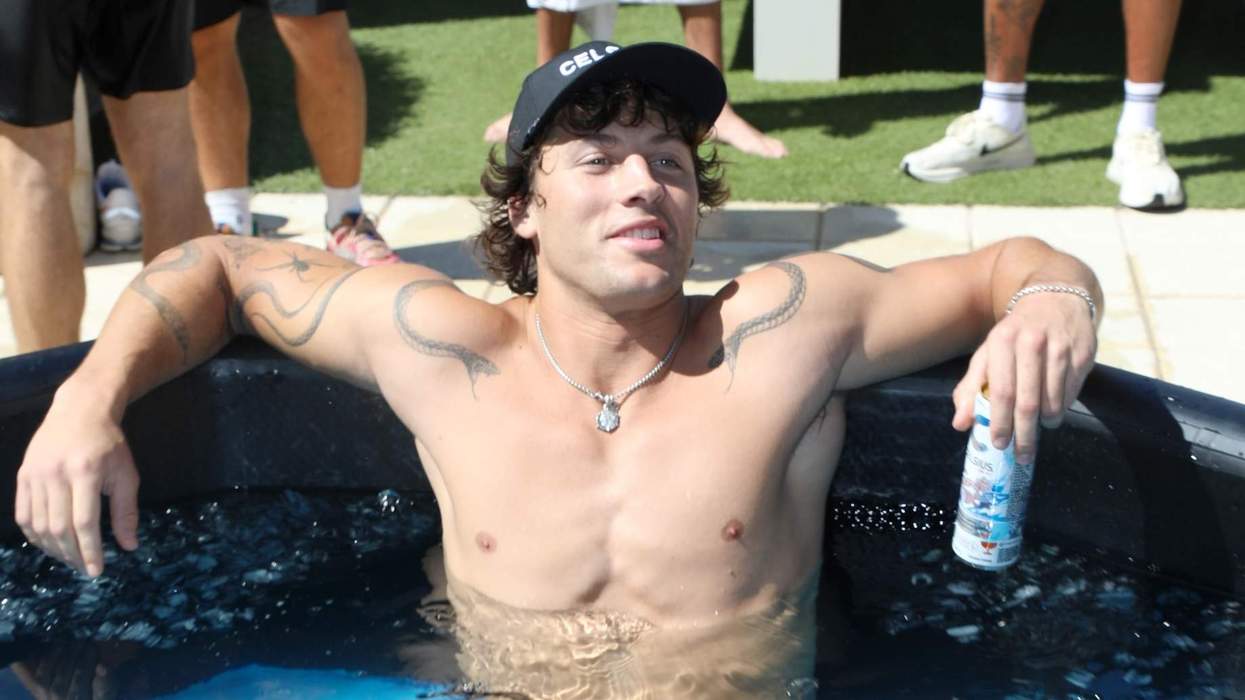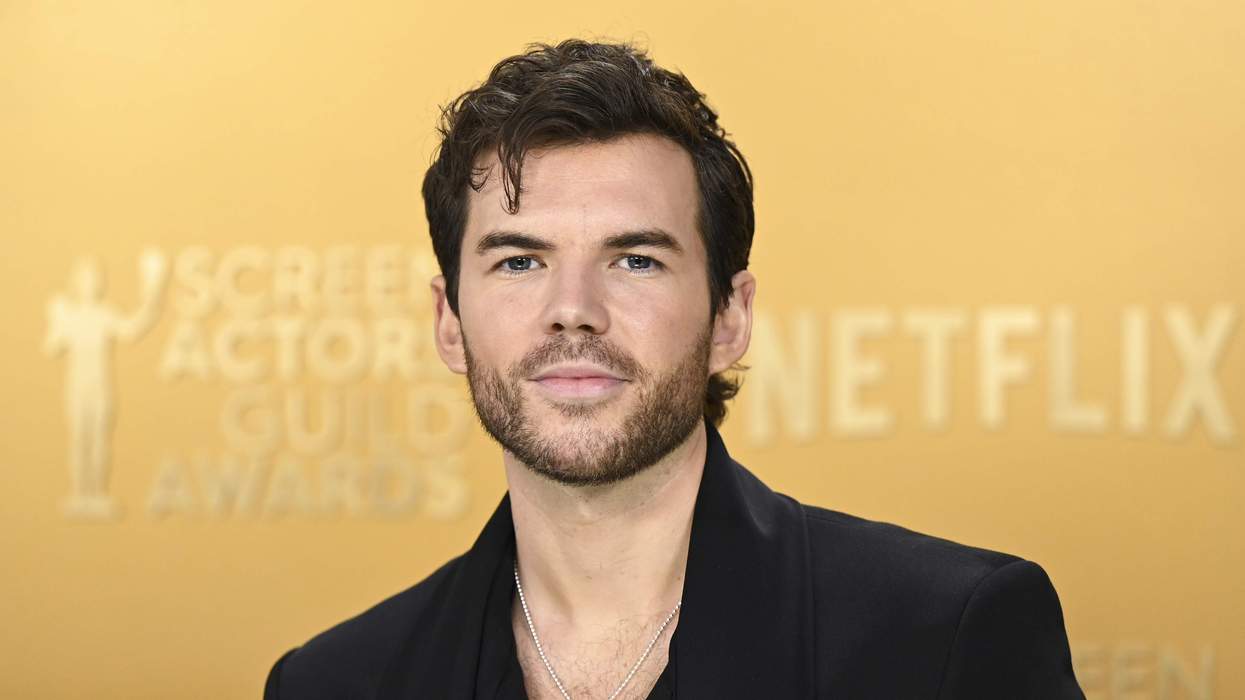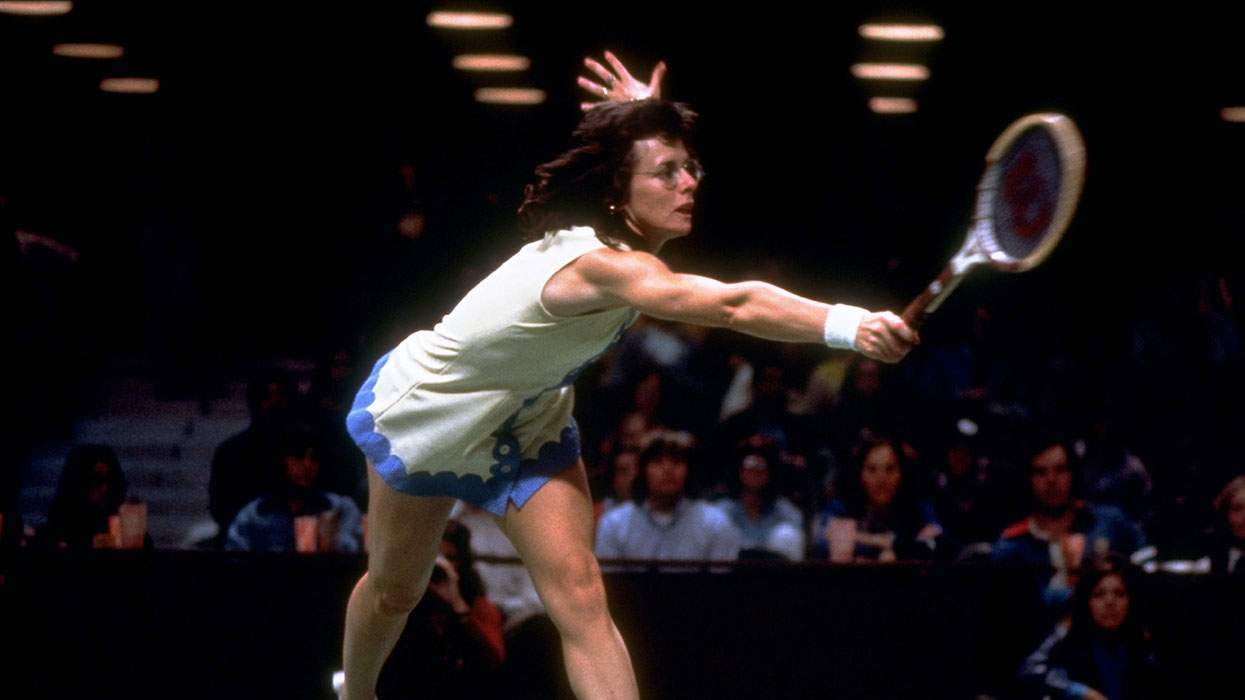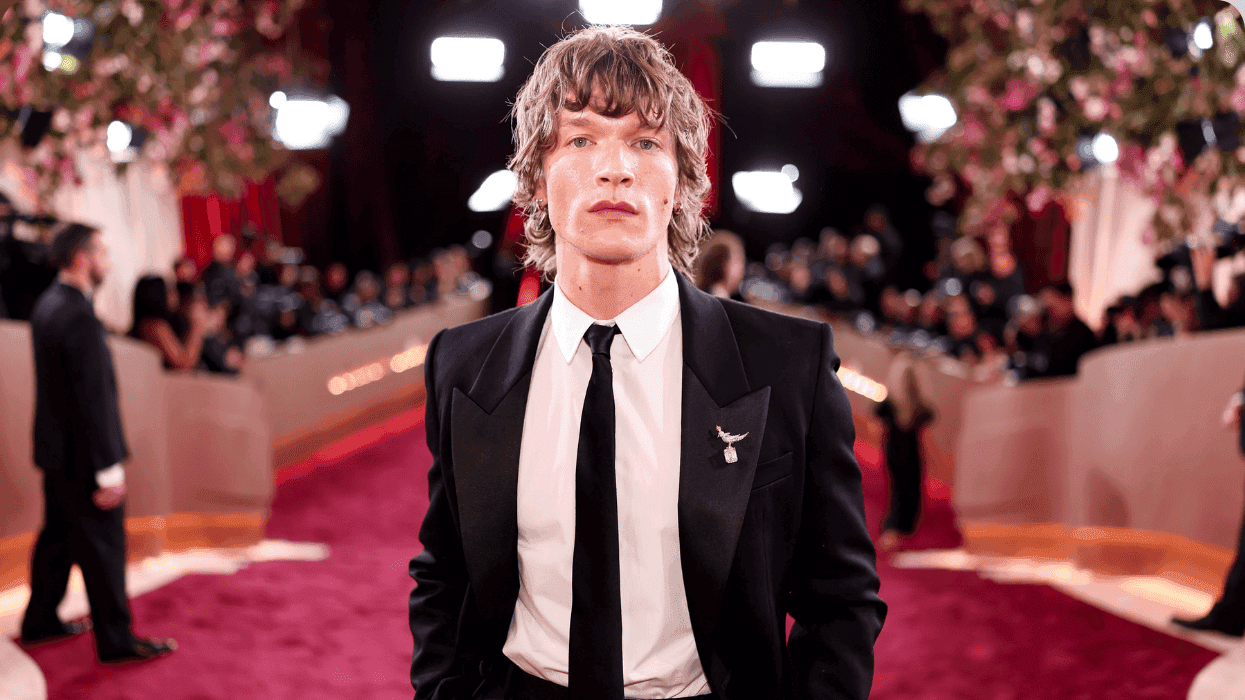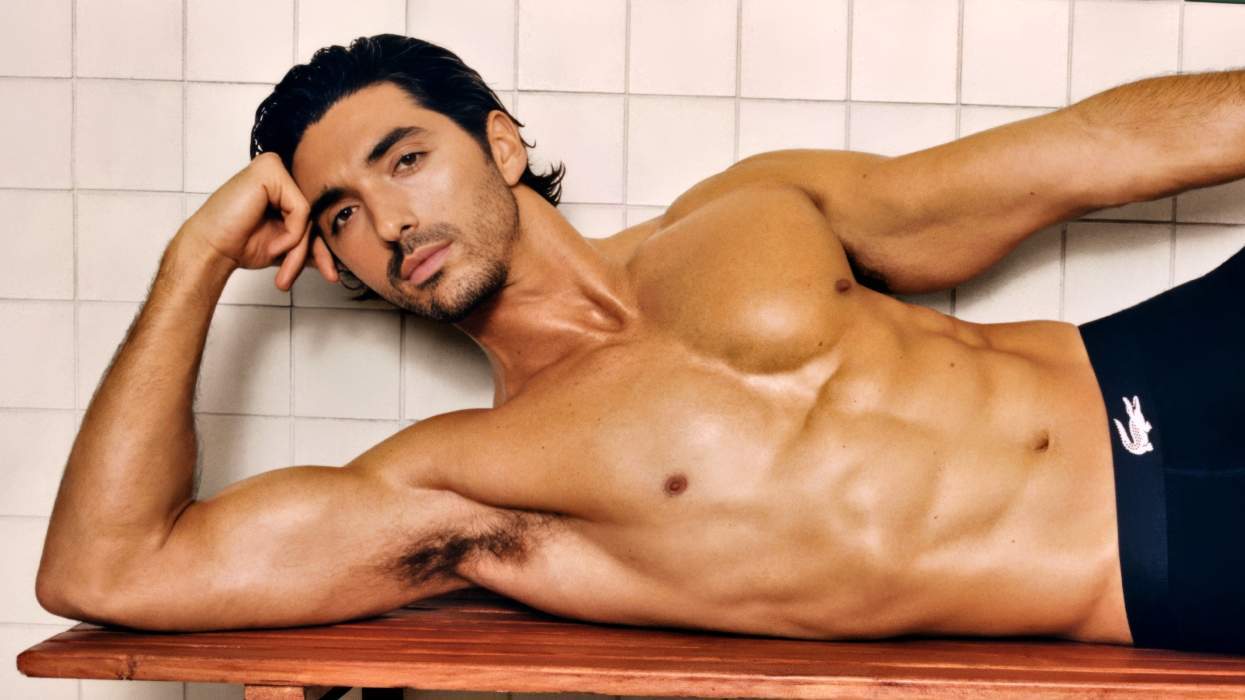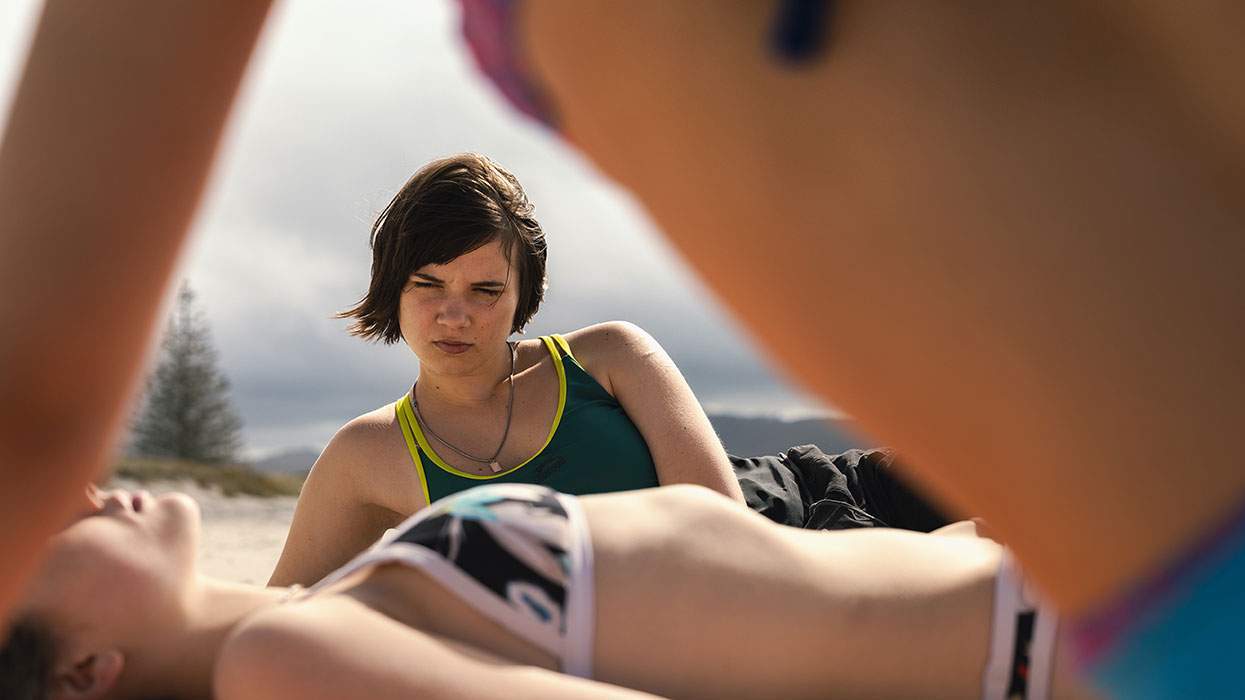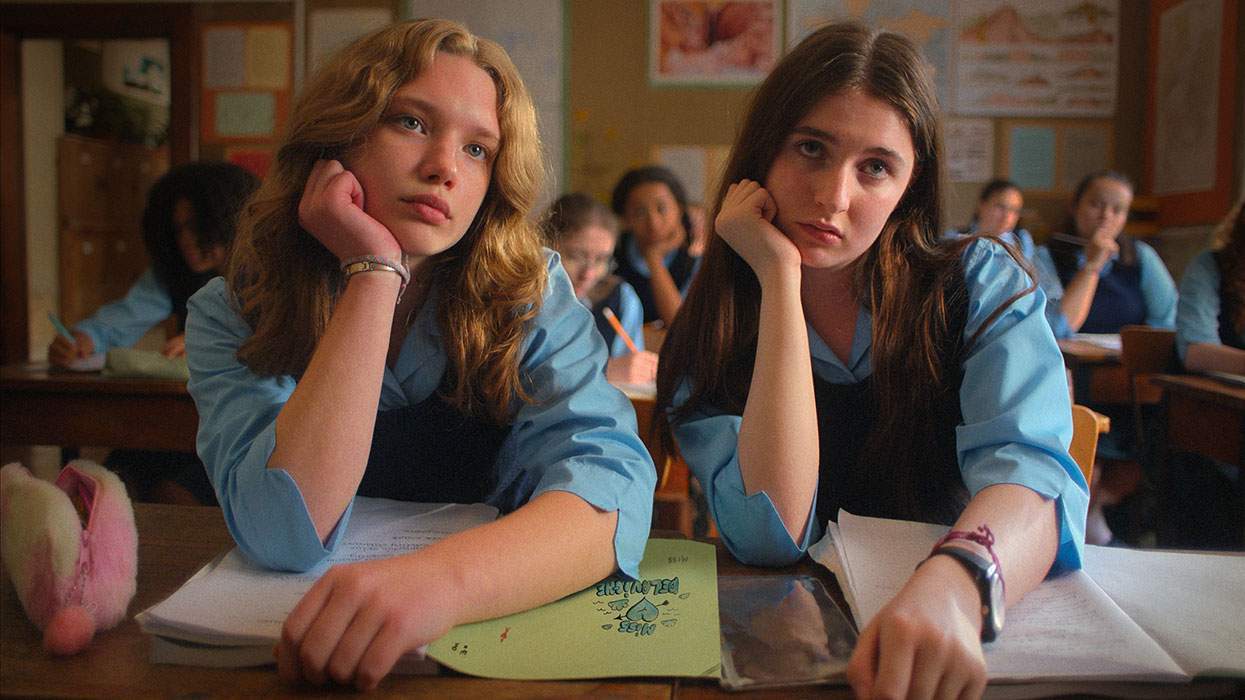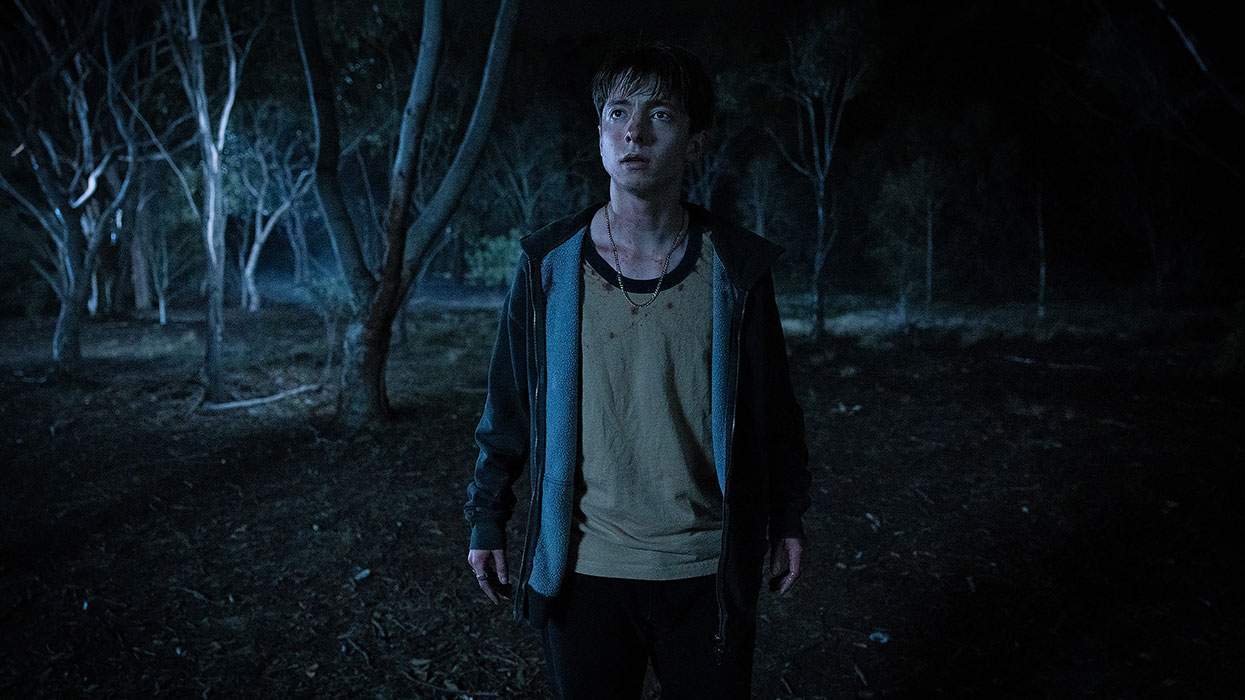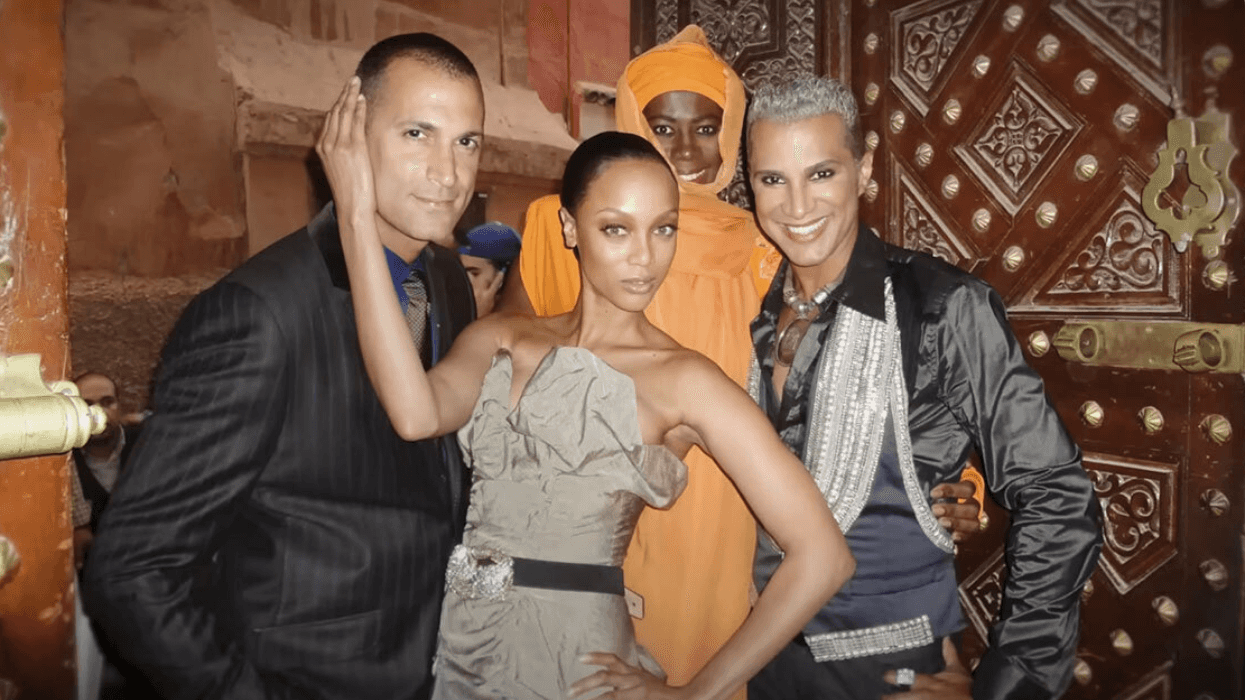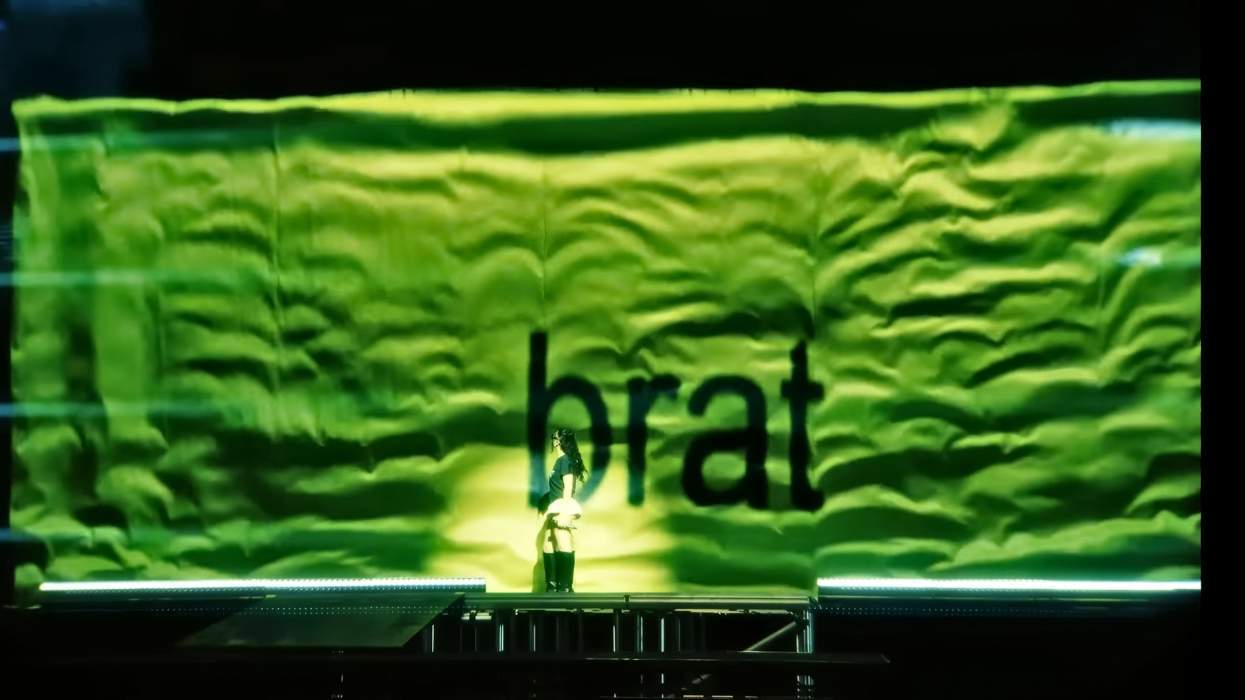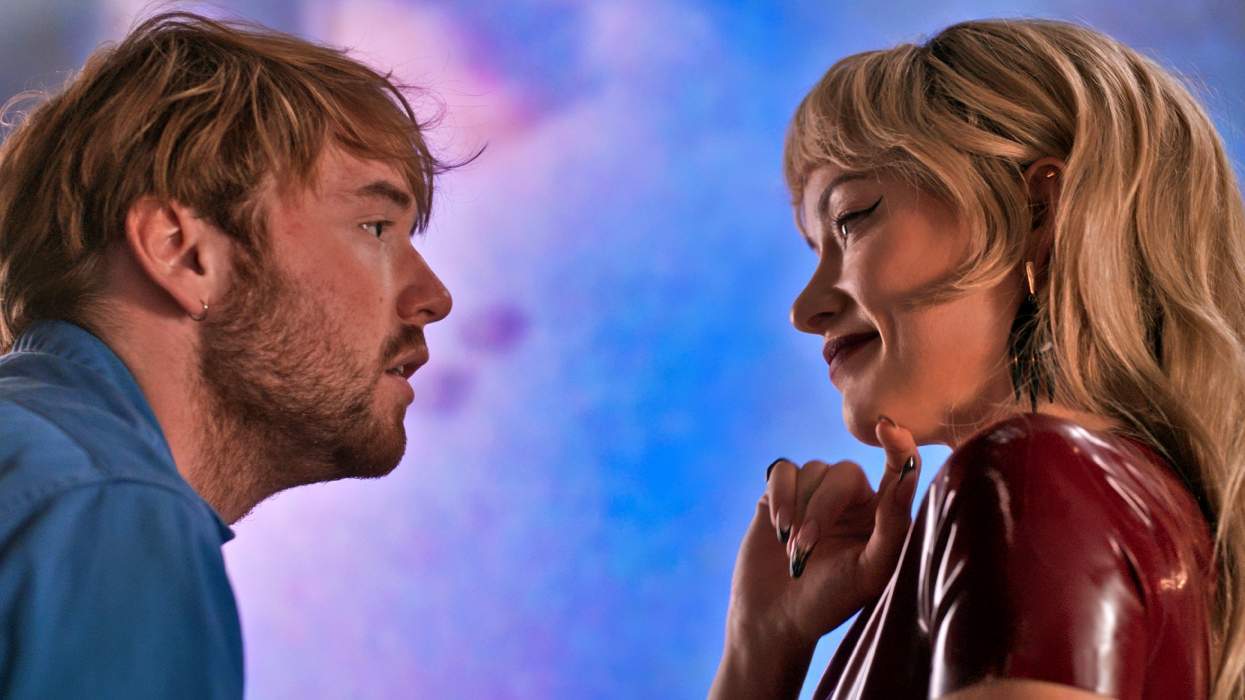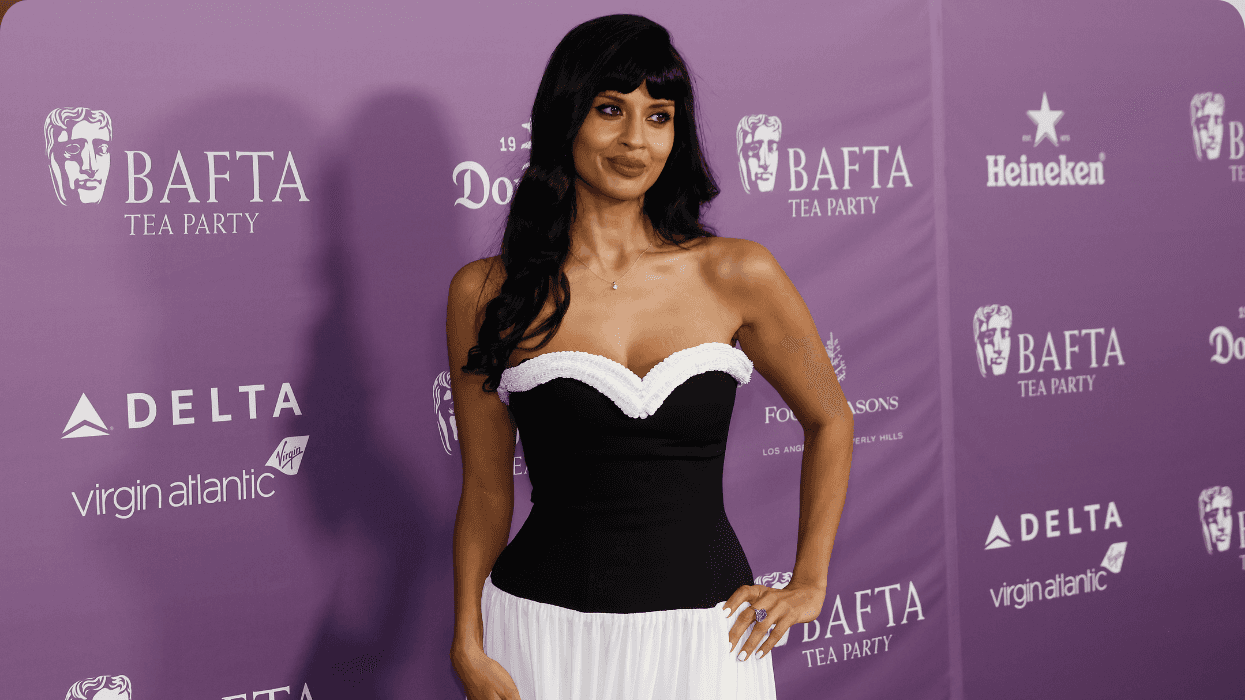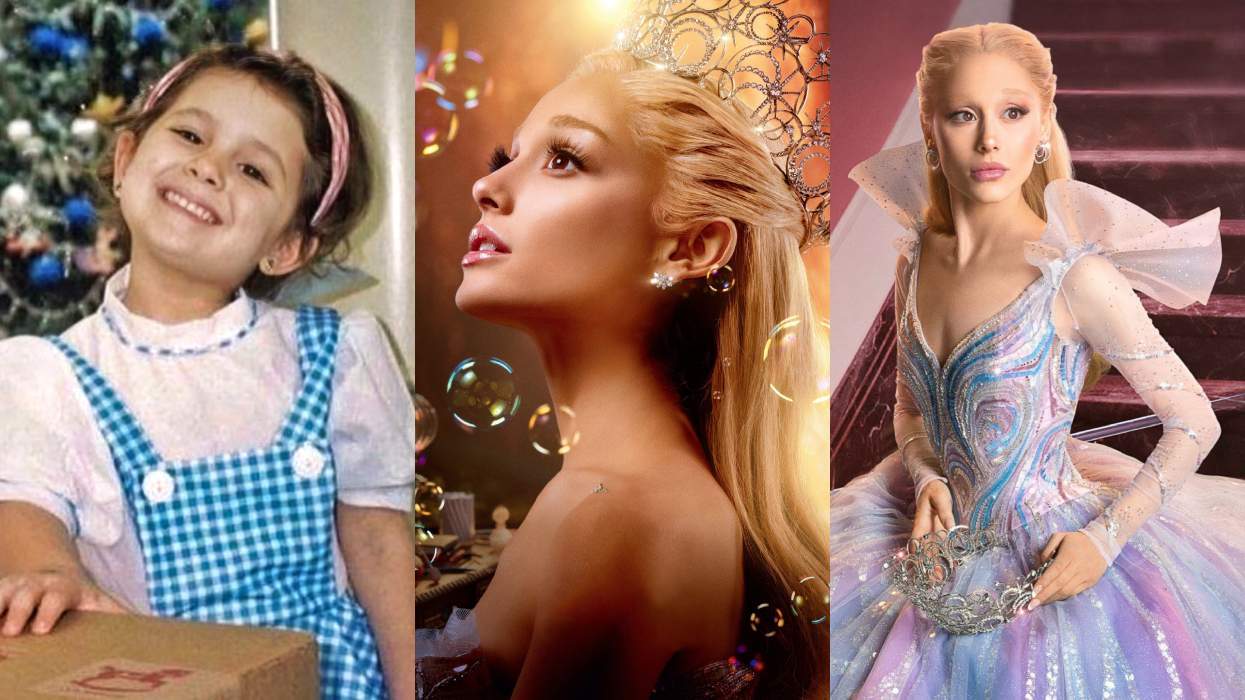Going into the process of filming State of Pride, a documentary about what the month-long celebration means today -- 50 years after the Stonewall Uprising -- activist and influencer Raymond Braun always saw the June happening as "a way to honor LGBTQ+ history and the trailblazers who made it possible for us to be visible, march, protest, and celebrate," he told Out. But after getting the chance to visit small town Prides across the country and interview LGBTQ+ folk of all backgrounds, he's learned a thing or two.
"It's really important for everyone in our community to recognize there are people in our LGBTQ+ family who feel ostracized from events that are intended to be for all of us," he said. "We would all benefit from being more intentional about creating spaces where everyone can feel included and empowered."
Ahead of the doc's premiere -- it is now streaming on YouTube premium -- we caught up with Braun to discuss the film, his experiences, and what he hopes audiences take away from State of Pride.
Describe for me how this opportunity came about, for you to travel the country interviewing people about Pride?
I have always been interested and curious about Pride as this fascinating window into American and LGBTQ+ culture. Ever since I came out, I've tried to experience as many different types of Prides as possible, as a way of getting to know our community, [because] the way a location responds to Pride tells you a lot about their values and experiences... Pride opens up so many questions and conversations that bring light to important issues both within our own community and our community's relationship to people who don't identify as LGBTQ+.
Two years ago, I had a meeting with [production company] Portal A to talk about another project. One of the founders asked me if I had a dream project or idea, and I said it would be to travel across the country experiencing different Pride celebrations alongside people who had a variety of perspectives on the meaning and value of Pride. From that very first conversation, Portal A was a huge champion of the project.
Bringing on Rob Epstein and Jeff Friedman was a dream. When I was in high school, I did a research project while I was still in the closet about the history of LGBTQ+ media representation. Two of the first people I learned about were Rob and Jeff and their incredible contributions to LGBTQ+ visibility in cinema -- The Times of Harvey Milk, Common Threads: Stories from the Quilt, The Celluloid Closet. Once they heard about the project, they brought so many great perspectives and ideas about how to bring it to life and tie it in to a commemoration and reflection of 50 years since Stonewall. I've so valued the opportunity to collaborate and learn from them.
Prior to filming, what did Pride mean to you, and did that idea change?
Pride is a flashpoint for debate and discussion in the community about who and what is represented, and how. And in its best form, I've always believed Pride should strive to create a space where everyone feels the freedom to express their truest selves and be affirmed for that -- a kind of haven from all the discrimination against our community and the internalized shame, fear, and hatred we can often harbor if we're made to feel less than simply for being who we are.
After filming, I have an even deeper appreciation for the role that Pride plays in communities, like the small towns we visited in Alabama where people feel like they don't have another opportunity to meet and connect with LGBTQ+ people. MJ, a trans man I interviewed in Tuscaloosa, told me that Pride was the only place where he felt comfortable holding his girlfriend's hand and kissing her.
What were your thoughts upon discovering that there are Black Prides and Trans Prides in some cities? What's your understanding of why they exist?
When I spoke to Kin Folkz, the Community Grand Marshal of SF Pride 2018, they explained, "It's important for the world to know that there are certain experiences that are particular to people in one community." Black Prides and Trans Prides celebrate and honor those experiences, and I've always thought that they are an essential part of the cultural dialogue and mission of Pride. In the context of the documentary, I also wanted to explore how all Pride events and celebrations could be best organized to help make everyone in the LGBTQ+ community feel included, visible, and respected. This is a theme I kept revisiting, particularly as I spoke to community leaders and activists.
A particularly salient moment in the film is when you're interviewing a group of Black and brown trans women and they say that they don't feel welcome at Pride. What was your initial reaction?
I was so grateful when the women of TAKE, Daroneshia Duncan-Boyd's organization to advocate for and support trans women of color, opened up their support group to share their stories and experiences. I was sad and upset, but unfortunately not surprised -- there were certain themes that became clear as I researched Pride and interviewed people across the country. Many people of color expressed that they didn't feel included or visible at Pride.
You talked in the film about being aware that as a cis, white, gay man, even you have some privilege. After this experience, what words of wisdom would you pass on to your fellow cis, white, gays about y'all's role as it pertains to the rest of the LGBTQ+ community?
We frequently talk about being part of the LGBTQ+ community, but often forget the meaning of the word. It's so important to respect, listen, and learn from LGBTQ+ people who have different perspectives and life experiences. I encourage all of us to be intentional this Pride season in getting to know people with different backgrounds, identities, and experiences within our own community. These personal connections and conversations can help all of us continue to organically learn how to be a more effective ally to one another.
Which of the small town Pride's that you attended stuck with you the most?
Tuscaloosa, Alabama, made a huge impression on me. As you'll see in the film, Tuscaloosa's Pride challenged the way I felt about the impact of Pride.
Is there one person's story from the doc that has stuck with you the most?
I can't pick one! I am just so grateful that so many people from our community across the country opened up their hearts and homes and were so vulnerable and forthcoming with their stories and thoughts on Pride.
One thing that really stuck with me was the community created around the film. Our producer, Mari Rivera, led an all-female producer team who was very intentional about hiring crews that reflect the diversity of our community. For some of the people highlighted in the film, particularly in small towns, the documentary was the first time they were able to have conversations with other LGBTQ+ people. In Tuscaloosa, everyone who we filmed with had a chance to meet and they all formed connections and kept in touch. For our SXSW World Premiere, the majority of our Alabama participants took a road trip to Austin, Texas, to be there for the premiere. I will never forget the look on their faces the first time they saw themselves on the big screen. Seeing how meaningful this project has been in their lives makes me so happy.
How will you be celebrating Pride this year?
I'm attending more Prides this year than ever before! Pride organizers around the world have reached out to screen State of Pride, so I'll be traveling with the film throughout Pride Month -- and the rest of the year -- to participate in screenings, panels, and Q&As. I'm also going to my first ever Pride in my home state of Ohio (Columbus Pride), which I'm very excited about! I hope the documentary helps spark some important conversations about Pride, and that I can continue to meet, connect with, and help share stories from people in our community.
State of Pride can be streamed on YouTube Premium now.
RELATED | How Sylvia Rivera Created the Blueprint for Transgender Organizing



